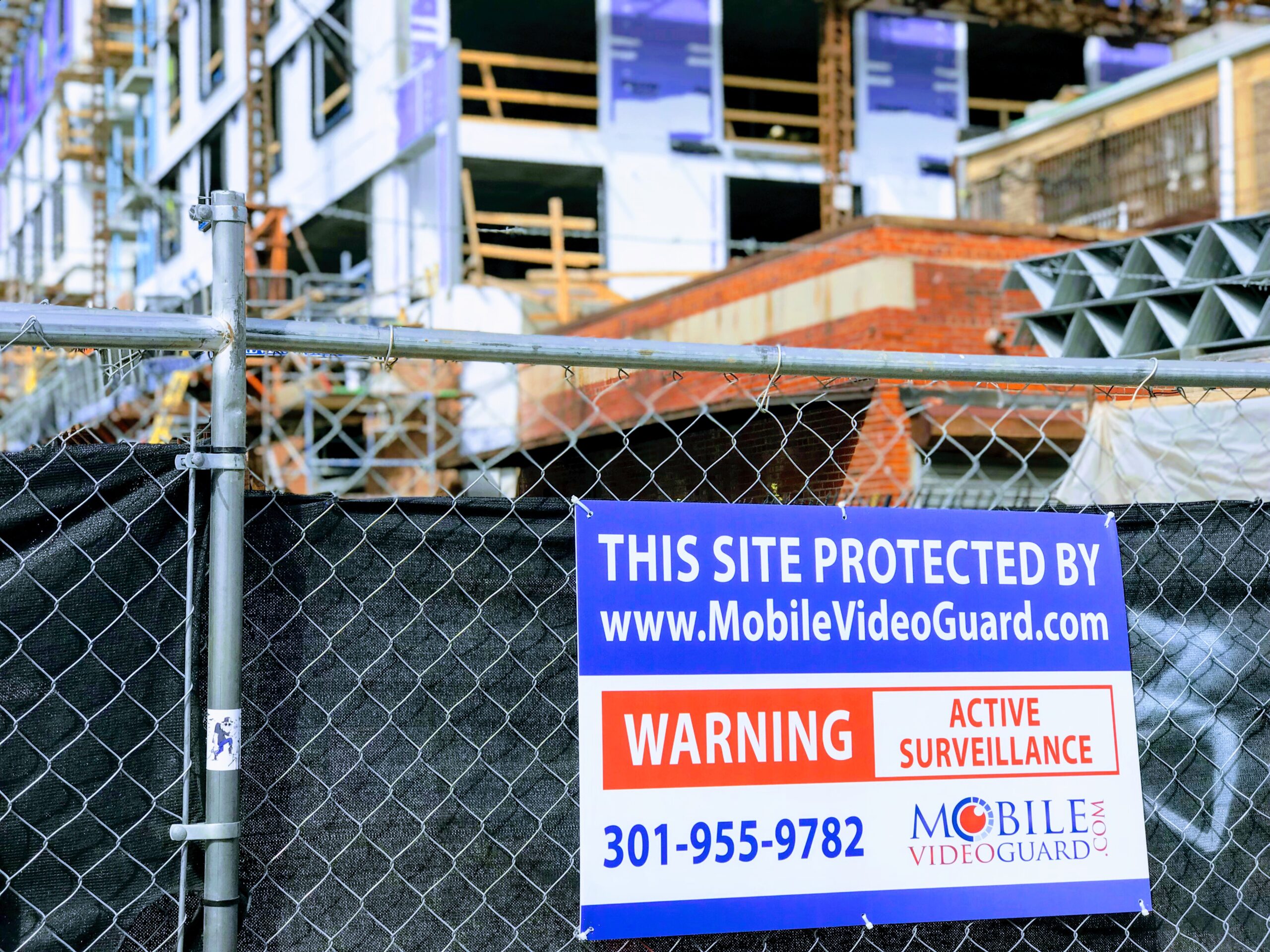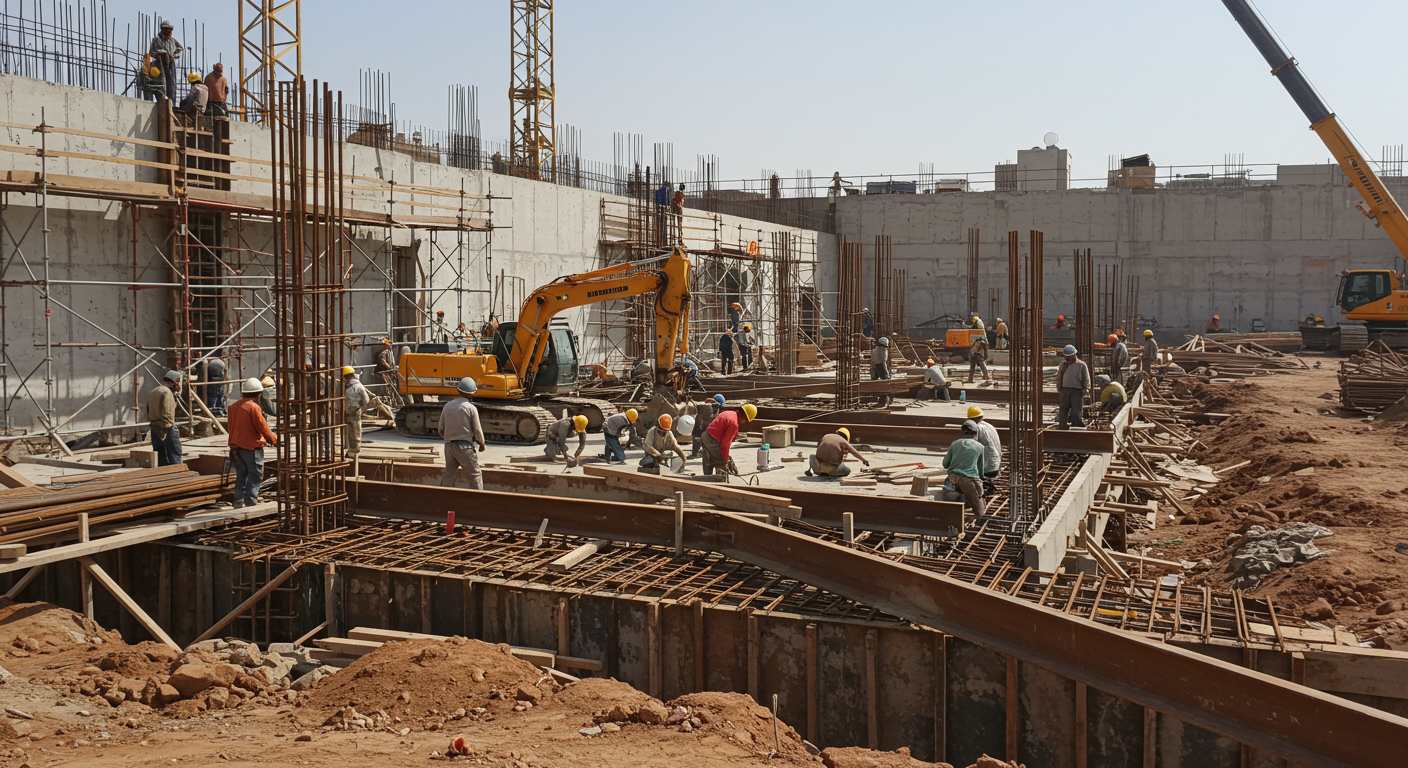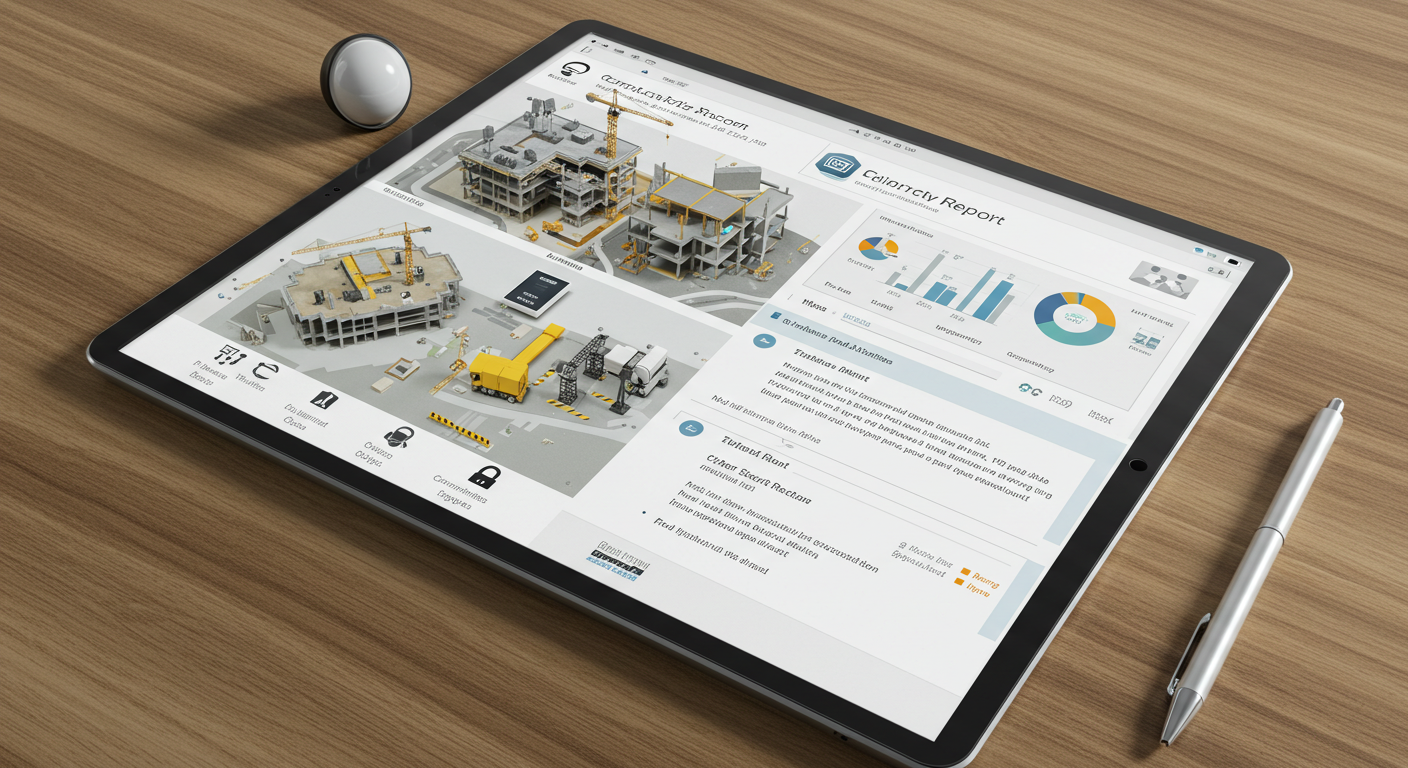Keep your farm safe with the right camera system.

Keeping your farm safe and secure is an essential part of being a farmer. This isn’t a simple task, as farms are often open, large spaces that require a lot of eyes to identify and deter crime. Many farmers lack the staff or technology to effectively monitor their property. This makes farms prime targets for theft and vandalism. Recent years have seen an uptick in farm crimes, including livestock and equipment theft, and trespassing.
One of the best tools to solve this problem is a security camera system that can monitor your property, deter criminals, and provide peace of mind. But if you’re thinking about investing in a video security system, the sheer number of available cameras and features can be overwhelming. Below, we will walk you through the various options so you can pick a system that will work best for you.
Why your farm needs surveillance
Stopping farm crime is important because it doesn’t just affect the immediate victim. If enough farms experience theft or vandalism, it can disrupt production and create or exacerbate supply chain shortages.
Here are just a few of the things a security camera system can do to prevent farm crimes:
- Keep equipment secure. Farms lose millions of dollars in stolen equipment annually, which hits them hard financially and delays production.
- Deter livestock theft. Strategically placed cameras outside and inside holding pens and barns can warn away potential thieves from stealing livestock. Even if it doesn’t, they’ll be caught in the act, and you’ll have solid evidence to help track them down.
- Keep an eye on temperature. Thermal cameras can detect excessive heat, alerting you when there’s a fire. They also pick up excessive cold, prompting you to move animals to warmer shelter or provide blankets or space heaters to the most vulnerable. Cameras can also pick up on changes in the soil temperature, allowing you to change watering cycles when needed.
- Monitor your farm remotely. Most security camera systems connect to your laptop or phone, allowing you to check in on things whenever you want. You can also monitor your employees to make sure they stay on task and to look for ways to increase productivity.
So what camera options should you consider in order to accomplish all of this?
Weatherproof cameras
You’ll likely need to put most of your cameras outside and so they should be weatherproof. Weatherproofing is measured with an IP rating, which is short for ingress protection or international protection. It measures exactly how much water, debris, and dirt it can handle.
Each IP rating consists of two numbers. The first number ranges from 0 to 6 – 0 offering no protection and 6 offering the most – and tells how it protects against dry elements such as dirt and dust. The second number ranges from 0 to 8 – 0 offering no protection and 8 protecting against total immersion in over 1 meter of water – and describes its protection from water and other liquids. In general, most people aim for a rating of IP65, IP66, or IP67.
Night vision
Most rural crimes take place under cover of darkness, so it makes sense to invest in long-range night-vision security cameras. Luckily, many cameras are equipped with infrared (IR) night vision. These cameras have a series of small LED bulbs that emit IR light when it gets dark, acting as a flood light. Night vision cameras use a monochrome filter to display in black and white because it’s easier for our eyes to distinguish black from white than with shades of colors.
Long-range capacity
Security cameras let you see what’s happening up close and from a great distance. This lets you keep an eye on your farm with a relatively small security investment. High-end cameras let you focus on objects starting at 75 feet away. Different models of cameras have different ranges, depending on what function they serve.
For a decent size farm, cameras with a range of 100 feet or more will be necessary. For smaller farms, you can probably do fine with a smaller range of 20 or 50 feet. And don’t skimp on resolution. Many cameras have 1080p as the standard, but it’s worth upgrading to 4MP or 5MP so you can get a detailed look at any intruders.
Remote location monitoring with LTE
Many farms don’t have the benefit of Wi-Fi. If that sounds familiar, then consider a wireless security system that runs on a 5G LTE network. These systems run on battery power and SIM cards which means you can place them wherever you want without running wires. You don’t even need a computer to monitor them, simply install an app on your phone or tablet and you can check them from anywhere.
Solar power
Another challenge of security on a rural farm is a lack of available power for cameras and monitors. A simple solution is solar power. In solar-powered security cameras, tiny solar panels convert sunlight to electricity and charge the batteries. This saves time that would be spent climbing ladders to change or recharge the batteries on each camera across your entire property. These cameras contain integrated inverters that transform direct current (DC) power into alternate current (AC) electricity.
Traditional security cameras usually have to downshift into power-saving mode and then have to “wake up” when they sense motion. This leaves open the potential to miss key moments. Solar-powered cameras never have to stop recording and will always have eyes on your property.
Notifications
The best security camera in the world is no good if you don’t know when it spots potential threats. Make sure that your camera system sends alerts and notifications of suspicious activity. They can help quickly identify intruders and are also useful tools to keep an eye on your employees, animals, and equipment.
Don’t make the choice alone
Farmers work the land, they raise animals, and they provide nourishment for the rest of us. The last thing they should worry about is the possibility of their life’s work being stolen or vandalized. A monitored camera system is a relatively small investment considering the peace of mind it provides.
There are lots of options when choosing cameras and you don’t have to navigate them alone. Mobile Video Guard provides state-of-the-art monitored security systems and can help you find the cameras that are right for your farm. Contact us today for a free quote.



